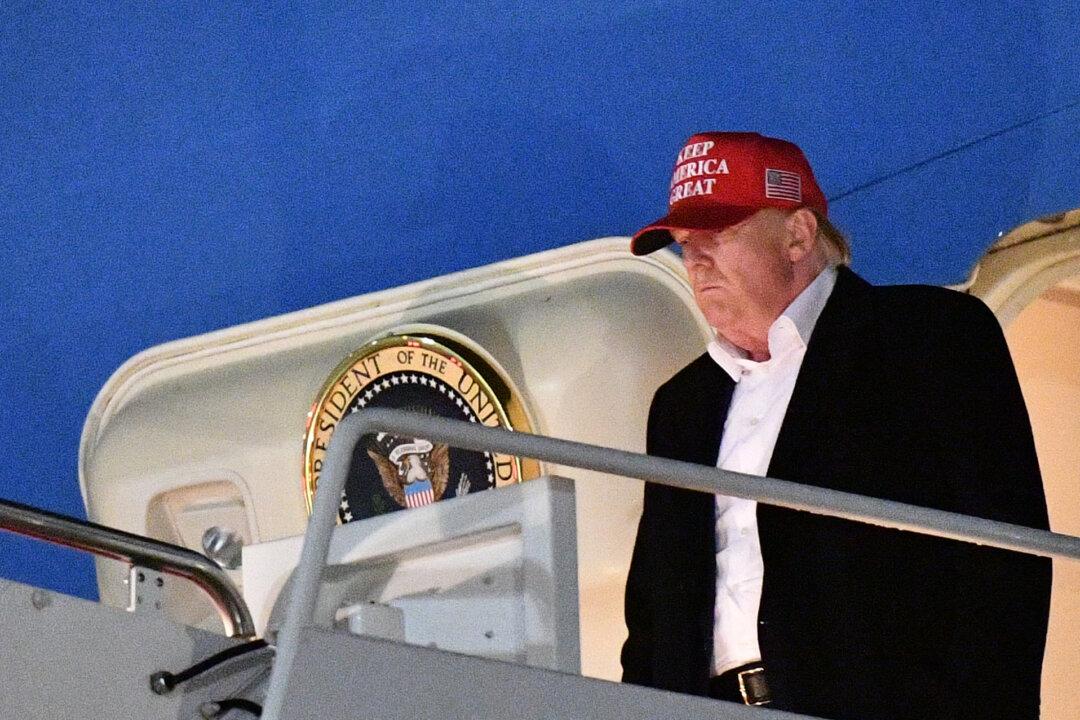Deutsche Bank and Capital One must give financial records for President Donald Trump, his children, and his company to Congress, an appeals court ruled on Dec. 3.
A three-judge panel of the Second Circuit Court of Appeals issued the ruling after Trump filed an appeal in August after a district judge in New York declined to block subpoenas issued by two congressional committees.





